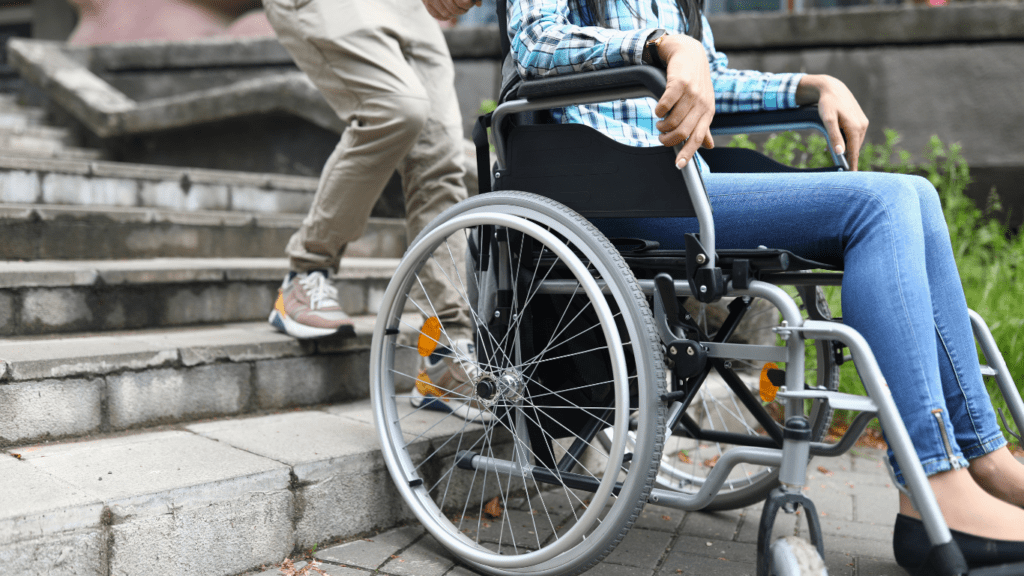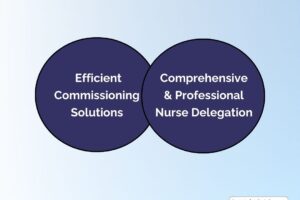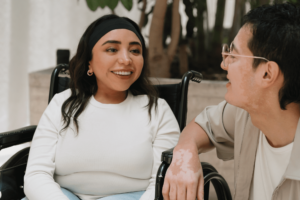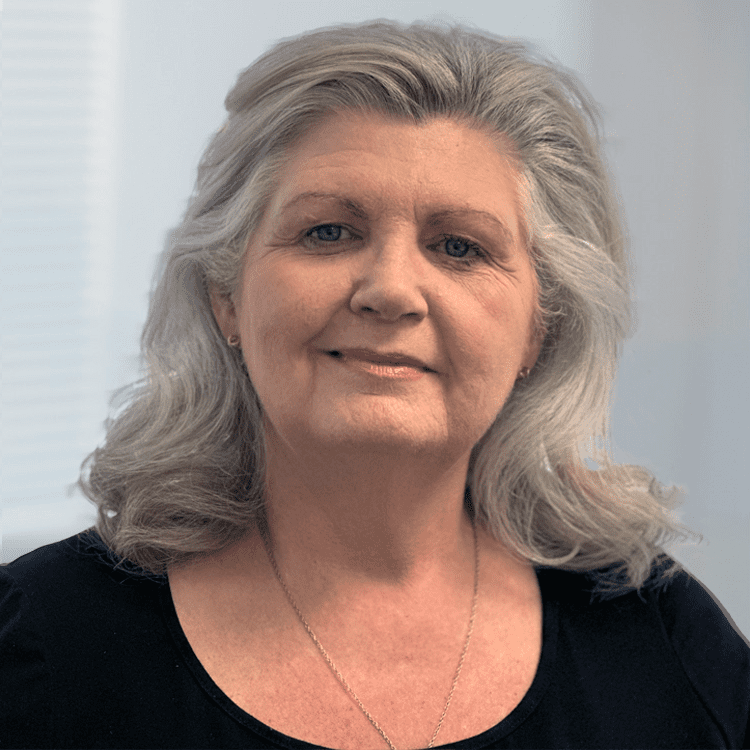A Guide to Supporting Loved Ones After a Brain Injury

In this guide, you will find out how to support a loved one after a brain injury, covering various types of injuries, their impact, and the best ways to provide emotional, physical, and practical support
A brain injury can be a life-altering experience, not just for the individual directly affected but also for their friends and family. In the United Kingdom, where the healthcare system plays a crucial role in rehabilitation, it’s essential for loved ones to understand how they can offer support during the challenging journey of recovery. This blog aims to provide guidance on supporting someone who has experienced a brain injury, covering various types of injuries and navigating the landscape of NHS Continuing Healthcare (CHC) funding, shedding light on what an NHS funded package of care may include.
Understanding the Impact:
Before delving into the ways to support a person with a brain injury, it’s crucial to comprehend the varied effects such an injury can have. Brain injuries are diverse, including:
1. Traumatic Brain Injury (TBI):
Caused by external forces, such as a blow to the head, TBI can result in a range of symptoms, from mild concussion to severe cognitive impairment.
2. Stroke:
A stroke occurs when the blood supply to the brain is disrupted, leading to potential cognitive and physical impairments.
3. Hypoxic-Ischemic Brain Injury:
This injury happens when the brain is deprived of oxygen, often leading to serious consequences, such as a coma or long-term cognitive deficits.
Emotional Support:
1. Patience and Empathy:
Begin by acknowledging the emotional challenges the individual may be facing. Patience and empathy are key. Recognise that emotional responses may be unpredictable, and individuals may struggle with frustration, anger, or sadness.
2. Active Listening:
Actively listen without judgement. Create a safe space for them to express their feelings, thoughts, and concerns. Encourage open communication, allowing them to share their experiences without fear of criticism.
3. Educate Yourself:
Learn about the specific challenges associated with the type of brain injury your loved one has suffered. Understanding the symptoms and potential long-term effects will help you provide more informed and targeted support.
Practical Support:
1. Medical Assistance:
Ensure that your loved one is receiving appropriate medical care. With NHS CHC funding, your loved one may be eligible for fully funded care. Stay informed about their treatment plan and medications.
2. Establish Routines:
Create a structured routine to help the individual adapt to daily life. Consistency can be reassuring, providing a sense of stability during a time of uncertainty.
3. Assistive Devices:
Depending on the nature of the injury, your loved one may benefit from assistive devices or adaptive technologies. Explore options such as mobility aids, communication tools, or memory aids to enhance their independence.
Community Support:
1. Connect with Support Groups:
Seek out local or online support groups for individuals and families affected by brain injuries. Sharing experiences with others who understand the challenges can provide a sense of community and valuable insights.
2. Raise Awareness:
Help raise awareness about brain injuries within your community. Advocate for understanding and support to reduce the stigma associated with these injuries.
Understanding NHS Funded Package of Care:
An NHS funded package of care for individuals with brain injuries may include:
1. 24-Hour Care:
Continuous support and supervision, particularly for those with severe impairments.
2. Rehabilitation Services:
Access to specialised therapies such as physiotherapy, occupational therapy, and speech therapy to aid in recovery.
3. Medical Equipment and Supplies:
Provision of necessary medical equipment and supplies, including mobility aids, specialised beds, and communication devices.
4. Home Adaptations:
Funding for home modifications to enhance accessibility and safety.
5. Personal Care:
Assistance with daily activities such as bathing, dressing, and grooming.
6. Emotional and Psychological Support:
Access to counselling or psychological services to address the emotional impact of the brain injury.
How HFH Can Help
At HFH, our brain injury care is always client centred and outcome based. We understand that everyone’s journey is different, so we create care plans that are tailored to each person’s unique needs to achieve the best outcomes for our clients, regardless of their condition.
Our main goals are to help people regain their independence, stay connected to their community, and maintain their quality of life on their return home from hospital. We do this by delivering high quality complex care through our nurse led care teams, tailoring our plans to each individual.
We are committed to providing the best possible care for all of our clients, helping them to reach their rehabilitation goals and supporting them through their recovery including improving their mobility, motor skills, speech and language abilities, cognitive functions, and enhancing overall independence.
For individuals with brain injuries that are unrecoverable, we understand the ongoing challenges they face. Our highly trained, specialised brain injury carers are dedicated to providing compassionate care and 24-hour support to clients safely in-home.
Continuing Support for Brain Injury Clients
As part of our comprehensive care plans, we complete a full assessment of our clients’ unique needs, abilities, personal goals, and preferences for their care. Allowing our clients to remain independent is an important part of the care package and we support our clients in the following activities:
Communication – assistance with communication and technological aids
Daily Life – help with shopping, finance management, attending appointments, personal care
Work and study – clients are accompanied to work placements and classes or lectures
Social and leisure – taking holidays, seeing friends or family, days out and actively participating in hobbies and interests
Family support – involving them in the rehabilitation programme where appropriate and offering respite care
Why Choose HFH Healthcare
We have been supporting brain injury clients through our expert nurse-led care for over a decade and are experienced in caring for clients with a wide range of brain injuries.
We take a proactive, outcome-based approach to care, enabling clients to live the lives they choose to the best of their ability. We work closely with clients and their families to ensure care is delivered in the best way possible so they can feel safe, supported and heard at every stage of their care journey.
If you would like to learn more about our brain injury care services then contact our friendly team today.








